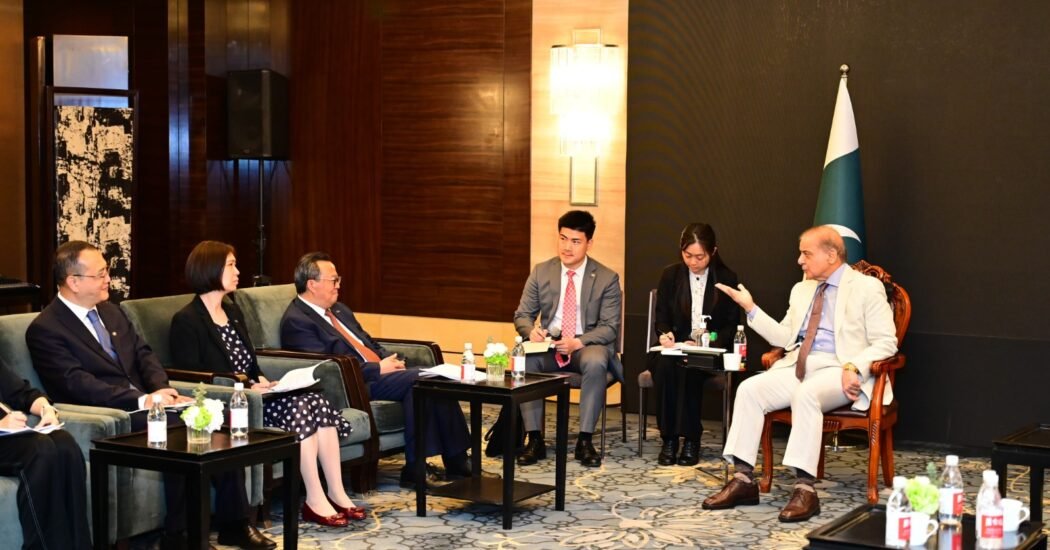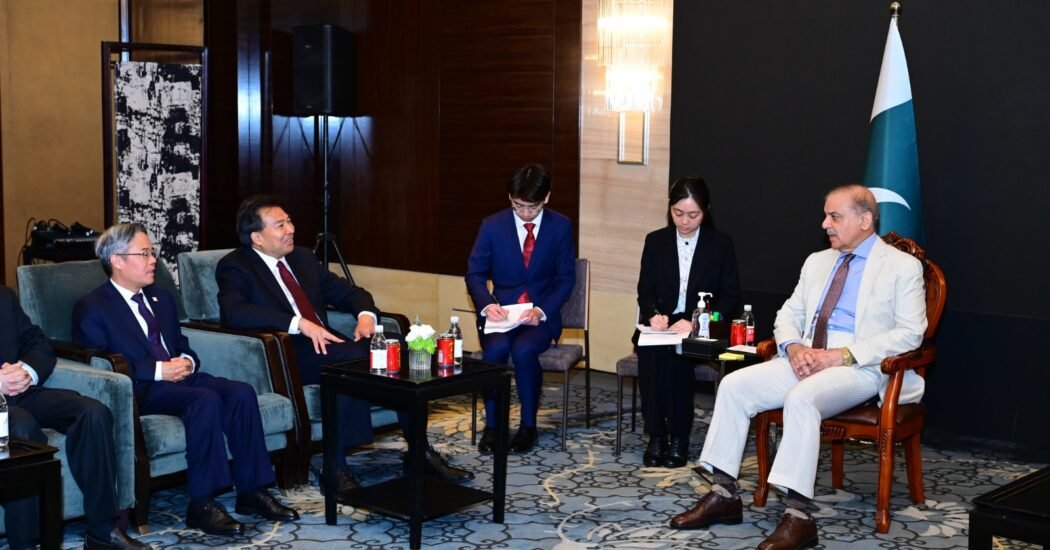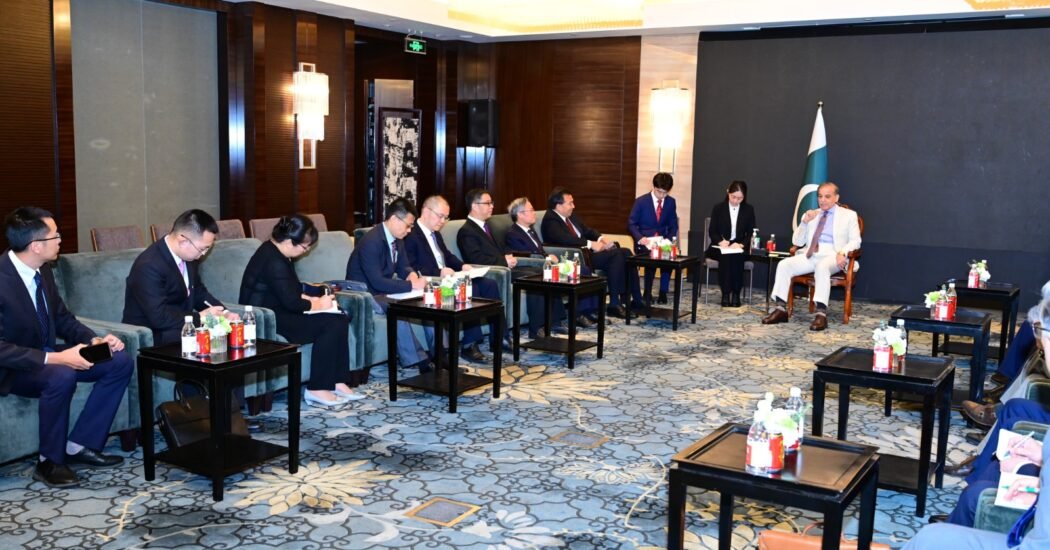
The visit of Prime Minister Shehbaz Sharif to China has sparked renewed discussions on the many collaborations between Pakistan and China, particularly in the field of agricultural breakthroughs. Given Pakistan’s primarily agrarian economy, the country has the potential to greatly profit from using advanced agricultural methods developed by China. PM Sharif highlighted Pakistan’s intention to utilize China’s sophisticated agricultural technologies to improve both production and export capabilities. The partnership within the framework of the CPEC has the potential to significantly change Pakistan’s agricultural sector.
Pakistan’s agriculture sector, although possessing significant potential, continues to be deeply rooted in conventional farming practices. These antiquated methods contribute to diminished crop output and elevated expenses, impeding the overall expansion of the industry. There is a pressing requirement for a fundamental change in approach towards contemporary agricultural methods, namely tunnel farming, which has brought about a significant transformation in agriculture in China. Tunnel farming, or greenhouse farming, is the practice of cultivating crops in a controlled environment to increase productivity and improve the quality of the produce, while reducing reliance on weather conditions.

Hassan Ali, a doctoral candidate from the University of agricultural Faisalabad, emphasizes the vital role that China plays in revolutionizing Pakistan’s agricultural. During the conversation with WealthPK, he highlighted the potential of Chinese institutions and farmers to enhance Pakistan’s tunnel farming techniques. The utilization of tunnels with plastic sheet coverings to regulate temperature enables the cultivation of a wide range of vegetables, such as chile, tomato, watermelon, cucumber, and others, throughout the entire year.
The Pakistani government is actively seeking the expertise of Chinese professionals to provide training to local students and farmers, in order to fully harness the potential of tunnel farming. Although physical training may present practical difficulties, virtual training sessions might serve as a viable alternative. This approach guarantees the widespread distribution of the most current techniques, providing Pakistani farmers with the necessary information to effectively adopt tunnel farming.

Dr. Nadeem, an agricultural expert, highlighted a concrete achievement arising from the agricultural partnership between China and Pakistan. Chinese experts provided training to Pakistani farmers in red chili production, resulting in Pakistan’s first shipment of red chili to China. This achievement demonstrates how focused training and the implementation of contemporary agricultural methods may generate significant economic advantages for Pakistan.
The recent MoU signed between Tianjin Modern Vocational Technology College in China and MNS-University of Agriculture in Multan is a positive development. The objective of this relationship is to facilitate the transfer of state-of-the-art agricultural technology to Pakistan, with the goal of increasing productivity and providing advanced skills to the local workforce. Collaborations of this nature are essential for promoting innovation and facilitating sustainable growth in Pakistan’s agriculture industry.

Ultimately, the partnership between China and Pakistan in the field of agriculture, specifically through the implementation of tunnel farming, has significant prospects for revolutionizing the agricultural scenery of Pakistan. Pakistan can greatly increase its production capacity, lower prices, and increase exports by adopting innovative agricultural technologies and promoting the exchange of ideas. The Prime Minister’s focus on these partnerships highlights a positive outlook for Pakistan’s agriculture, leading to economic advancement and ensuring food stability. Pakistan should seize the opportunity to fully exploit the advantages of its strategic alliance with China and transform its agriculture industry.




